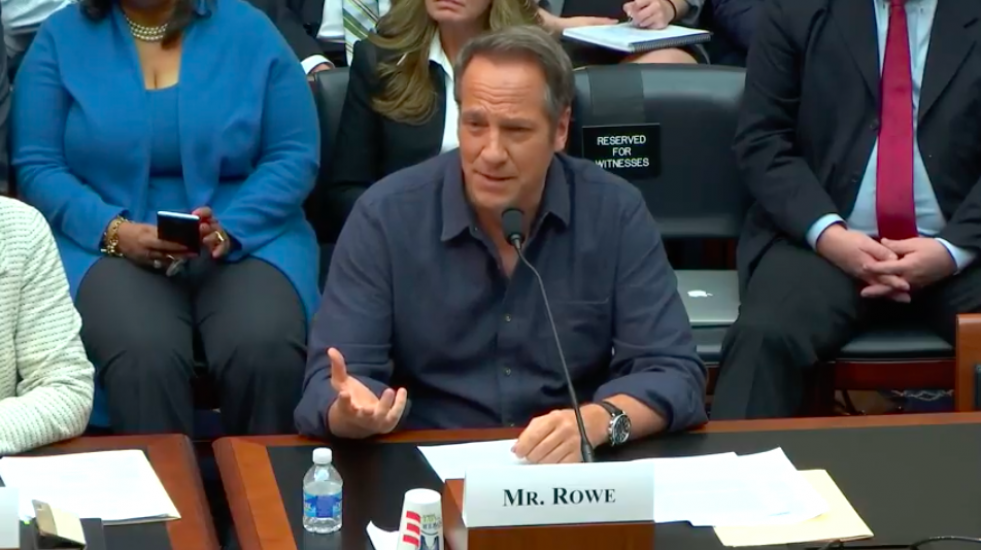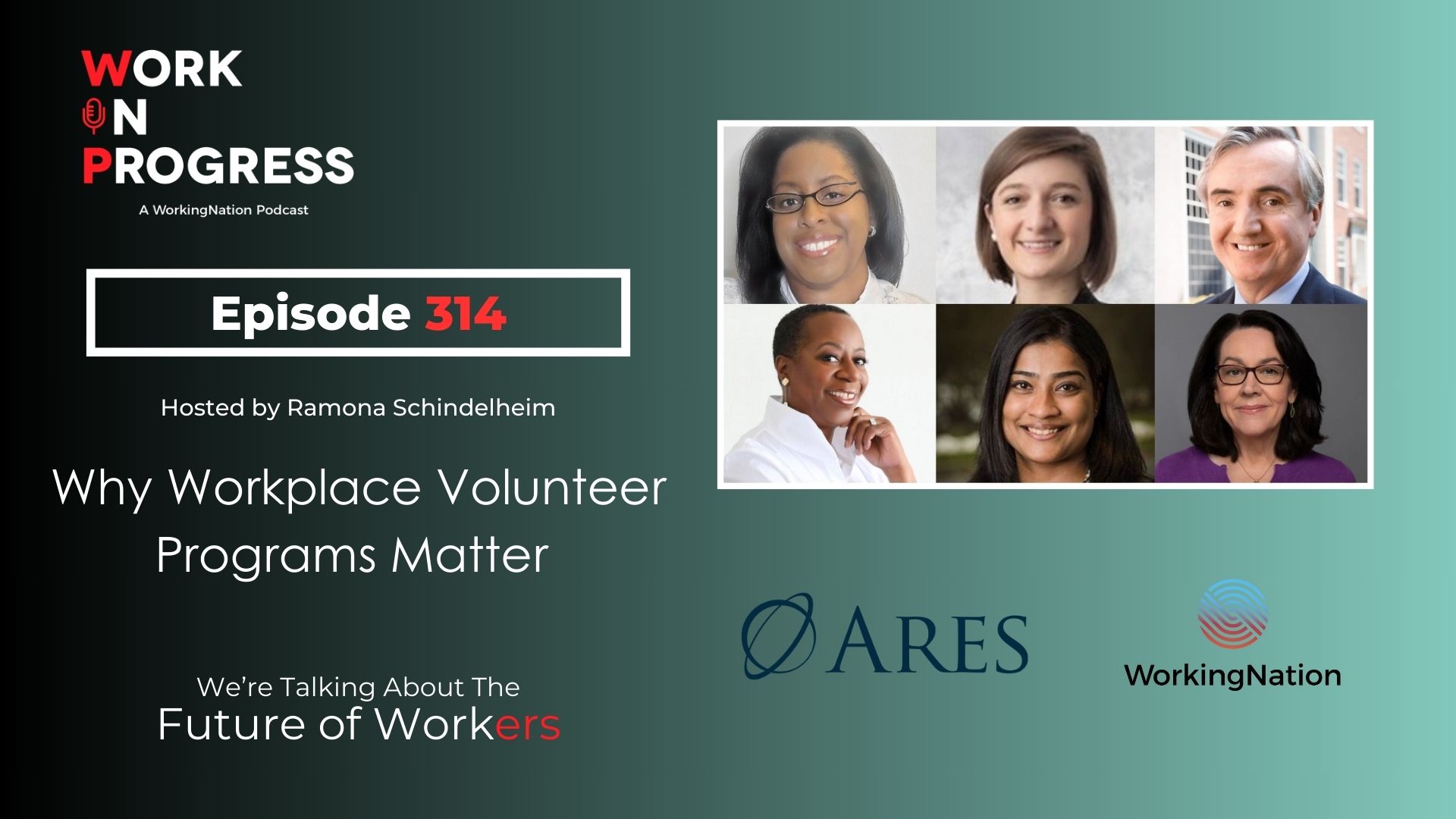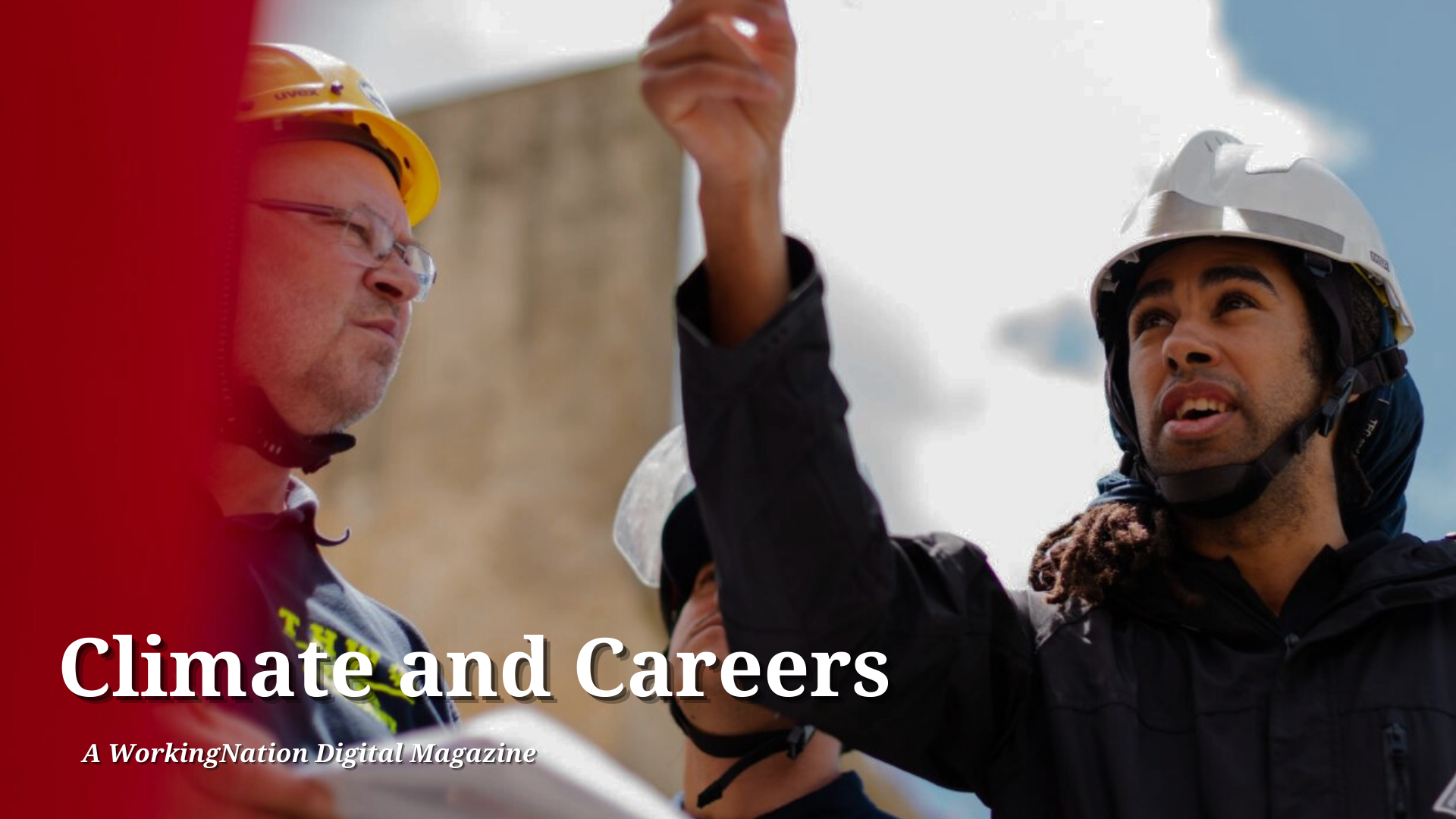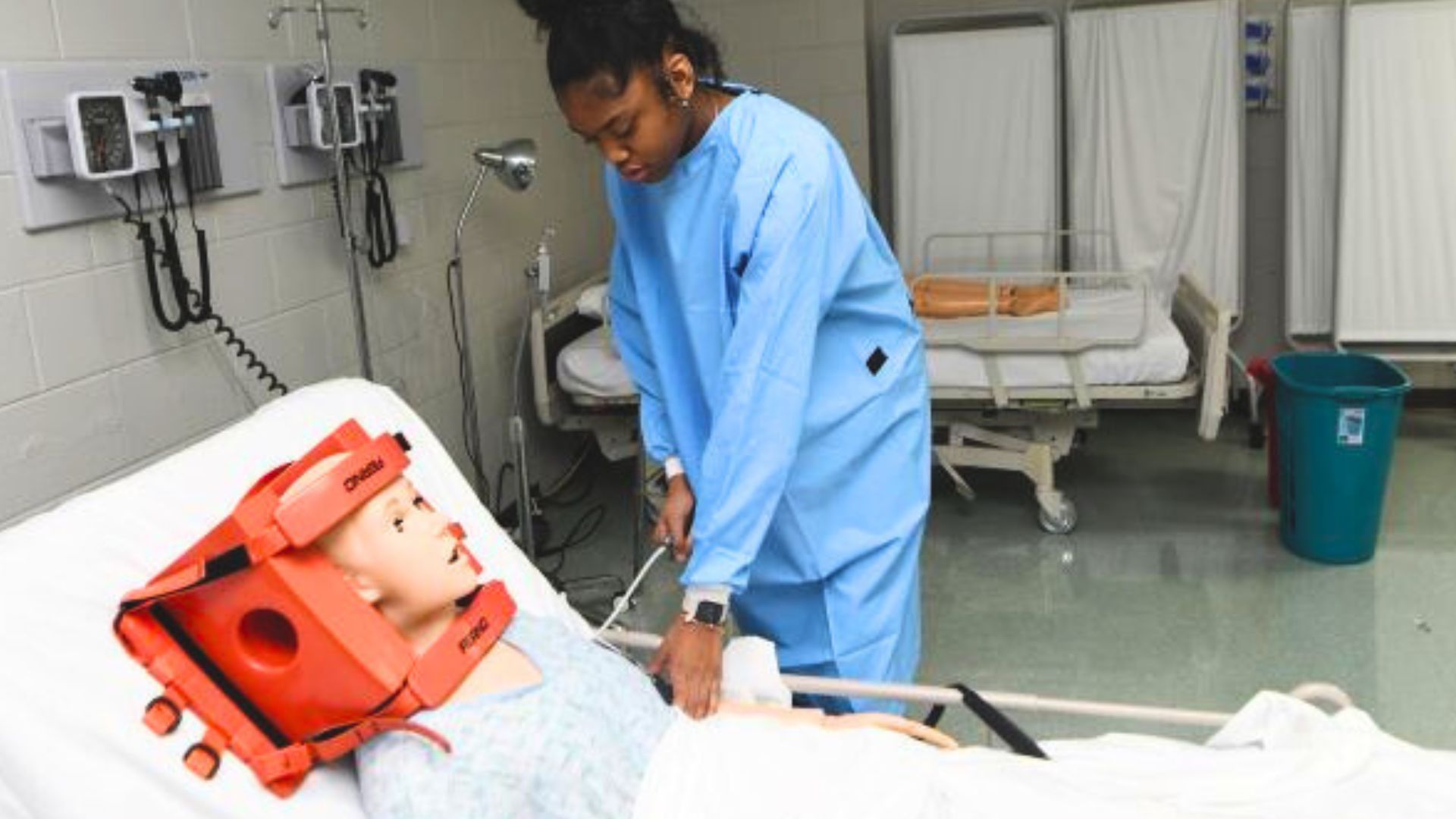“It’s a bias, it’s misguided as any other prejudice with us today, and it poses a clear and present danger to our country’s overall economic security.” – Mike Rowe on the stigma of a career in the skilled trades.
On Tuesday, Mike Rowe, former host of Discovery Channel’s “Dirty Jobs” and advocate of the skilled trades through his foundation mikeroweWORKS, made his third appearance before a congressional committee to talk about jobs and education’s role in tackling the widening skills gap problem in this country.
Rowe was invited to be part of a panel to discuss the state of Career and Technical Education (CTE) in America, as well as changes that can be made to strengthen CTE and better prepare students for the workforce.
Rowe took the Subcommittee on Early Childhood, Elementary, and Secondary Education for a stroll down memory lane of his times in front of congressional committees over the past six years where he talked about the widening skills gap, the student loan crisis, the disappearance of vocational education from our high schools, and that the “critical part of the solution often overlooked by politicians and educators is the pressing need for better PR.”
Mike Rowe Testifies Before Congressional Subcommittee on Closing the Skills Gap
Mike Rowe testifies before Subcommittee on Early Childhood, Elementary, and Secondary Education on how CTE can help close the skills gap, empower students to…
“I talked specifically about the stigmas and stereotypes that dissuade millions of people from exploring thousands of genuine opportunities in the skilled trades, and the urgent need to challenge those myths and misconceptions,” Rowe recounted from his 2011 appearance before the Transportation and Commerce Committee.
After summarizing his talking points from each appearance, Rowe ended with his optimistic idea that shortly after his appearances, “the skills gap closed, unemployment plummeted and America got back to work.” Unfortunately, in each case, he was just kidding, and you could hear it in his voice that his hope of change has been dwindling.
Rowe’s full statement can be seen in the video below which begins around the 1:09:13 mark.
Providing More Students a Pathway to Success by Strengthening Career and Technical Education
SUBCOMMITTEE ON EARLY CHILDHOOD, ELEMENTARY, AND SECONDARY EDUCATION hearing at 10:00 a.m. in room 2175 Rayburn House Office Building.Hearing on “Providing M…
Ahead of his third appearance Tuesday, Rowe sounded skeptical that he would have an effect this time around posting on his website and Facebook page, “Perhaps three times will be the charm? Or perhaps it’ll be strike three?”
He also addressed the question of whether or not he has been in touch with the new administration. He posted a copy of his 2009 letter to President Obama offering his foundation’s services to help shed a light on the millions of jobs that “no one seems terribly excited about pursuing.” To illustrate how little has changed in this area over the past eight years — except for the fact that 5.6 million jobs currently unfilled is double what it was then — Rowe decided to send the same exact letter to Trump, with some quick updates.
What Rowe did stress Tuesday, as he did in 2013 before the National Resources Committee, was the need to address the universal push by society, parents and schools that a 4-year degree is the best path for the most people.
“I argued then that our skills gap is the direct result of a mistaken belief that the best path for the most people is a 4-year degree, and I concluded with another appeal to aggressively confront the stigmas and stereotypes that discourage people from entering the trades, along with the challenge to guidance councilors to present a more balanced presentation of educational alternatives beyond high school.”
In addition to contributing to the widening skills gap, Rowe argued the push toward 4-year degrees also came at the expense of community colleges, trade schools, and apprenticeship programs, which started to become subordinate, and coincided with the removal of vocational arts from high schools across the country. It has also led to the “massive, premature, and completely unnecessary” student debt crisis that currently sits at $1.3 trillion.
“This cookie cutter approach to promoting higher education has led thousands of graduates with expensive degrees from excellent schools, but with no prospects in their chosen field and no way to pay off their student loans,” Rowe said.
So, how do we convince young people that Career and Technical Education (CTE) is a great thing to do, Rowe was asked (in full video above at 1:26:44 mark).
“Well, if you want to make America Great Again, you have to make work cool again,” Rowe replied. “You have to change the image of the opportunity.”
Rowe also gave a shout-out to two programs Jumpstart and SkillsUSA that serve as great templates for solutions to this problem that can be implemented across the country (in full video above at 1:48:36 mark).
“Nobody hits it as squarely on the head as SkillsUSA,” Rowe said. “300,000 kids compete every year in national competitions within the CTE world, and it’s phenomenal, to watch their passion, and it’s amazing to watch them grow. And it’s criminal that more people don’t know about them.”
The nonprofit organization, Rowe said, really helped fill the crater left behind when the vocational arts were taken out of high schools. And in terms of PR, he argued, we have to hear more about these organizations.
Based on the goal of the hearing, the reception of the information by the committee, and their acknowledgment that more awareness needs to be brought to these programs, hopefully Mike Rowe is feeling this third time will be the charm.











